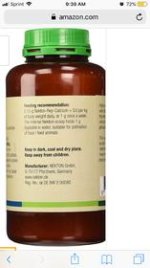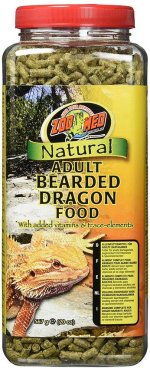Hello all! So, this is going to be a long story. Last year I got my first male leopard gecko on april. He was doing fine until last november when he started to puke his food out. I took him to the vet and it turned out his kidneys were not working properly. Vet thought that maybe he is dehydrated and told me to give him water every day for few weeks. Well I did that and he started to eat and poop again, I was really happy and took him back to vet for control blood tests. For mine and the vets suprise his kidneys were still in as bad shape as they were before. Vet was really confused considering the fact that my gecko is otherwise doing well right now and she couldn't really say anything else than just give him more water every day. She also said that his phosphorus was pretty high but I couldn't hear (I was on a phone wit her and it was storming so the connection was really bad) if it was a good or bad thing.
I started to research this subject on the internet and found out one of the causes for kidney disease could be if the reptile gets too much D3 vitamin. I took his calcium cup away just to be sure and now im asking if this could be caused by too much d3 vitamin. I have had leopard geckos for 8 years and my before last year I used Repti calmium + Nekton-Rep. All my geckos have small bowl of that mix on their terrariums so they can lick it themselves. I also always dusted the crickets and worms with it. My oldest gecko being 8 had used that mix for whole her life and has always been healthy. Last september I found out that calcium always needs to have D3 vitamin on it so I bought Repti calcium with D3 and started to use it same way as I had used the one without d3 before. I feed my geckos 2-3 times a week and always dust the food. Now im really scared if I have caused this kidney disease for him and if my other geckos have it too. It's obvious that I don't know what is the right amount to dust and how should I use these calciums and vitamins. I need advice for that cause I do feel horrible if it's my fault for causing him to get sick, and even more horrible if my other geckos get sick too. The sick gecko is only 1 and half years old, im so sad he's such a sweet gecko and im not sure if his kidneys will ever get better Sorry if this was bit confusing, im just still kinda shocked, im so scared I will lose him.
Sorry if this was bit confusing, im just still kinda shocked, im so scared I will lose him.
I started to research this subject on the internet and found out one of the causes for kidney disease could be if the reptile gets too much D3 vitamin. I took his calcium cup away just to be sure and now im asking if this could be caused by too much d3 vitamin. I have had leopard geckos for 8 years and my before last year I used Repti calmium + Nekton-Rep. All my geckos have small bowl of that mix on their terrariums so they can lick it themselves. I also always dusted the crickets and worms with it. My oldest gecko being 8 had used that mix for whole her life and has always been healthy. Last september I found out that calcium always needs to have D3 vitamin on it so I bought Repti calcium with D3 and started to use it same way as I had used the one without d3 before. I feed my geckos 2-3 times a week and always dust the food. Now im really scared if I have caused this kidney disease for him and if my other geckos have it too. It's obvious that I don't know what is the right amount to dust and how should I use these calciums and vitamins. I need advice for that cause I do feel horrible if it's my fault for causing him to get sick, and even more horrible if my other geckos get sick too. The sick gecko is only 1 and half years old, im so sad he's such a sweet gecko and im not sure if his kidneys will ever get better



